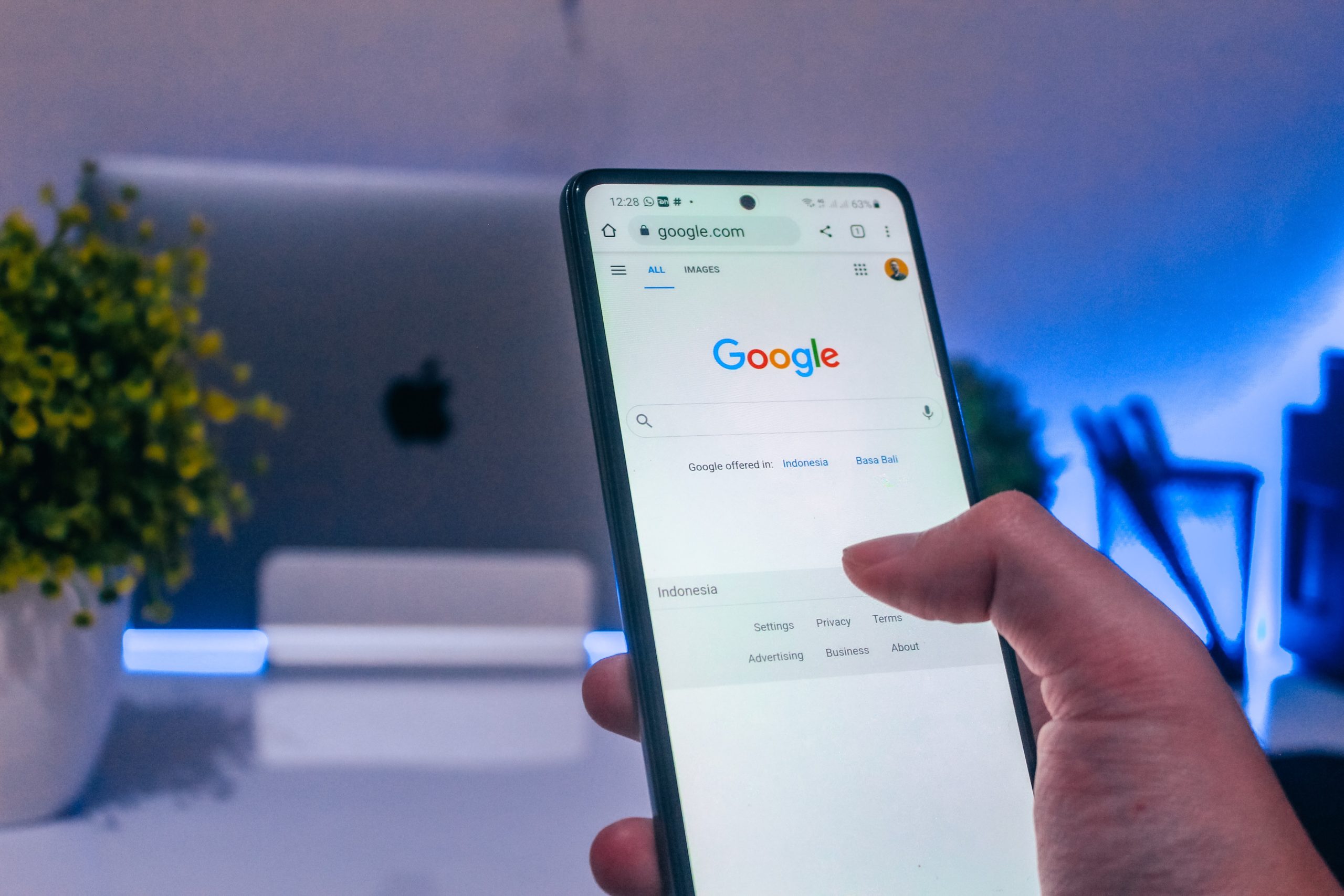Google adds “Experience” to its content quality guidelines

Google closed out 2022 with a big update for content marketers, rolling out a nine-page update to its quality raters guidelines. In mid-December, Google added an extra “E” to their “E-A-T” guidelines, making it “expertise, experience, authority, and trust.” While this does not completely change the game, this update is an important change for marketers to learn, understand, and optimize against.
What is E-A-T and why should content marketers care about it?
Expertise, authority, and trust — or “E-A-T” — has been Google’s handy acronym that it leverages to outline content ranking guidelines. Expertise, authority, and trust are the three pillars for proving content is unique, helpful, and worth ranking above the rest.
“E-A-T” is an instance where content marketing and SEO meet. Content marketing is focused on attracting and engaging an audience with relevant content on relevant channels, whereas SEO is all about increasing visibility and attracting audiences from organic search. Establishing “E-A-T” is the melding of both disciplines — creating content that engages an audience provides marketers with the best chance of organic ranking success.
Traditionally, “E-A-T” primarily applied to content that directly impacted a searcher’s financial or physical wellbeing (think finance and healthcare), and has been referred to as the “Your Money, Your Life” (YMYL) category. However, with this new update, Google has shifted its algorithm to focus primarily on the user’s experience. This will push marketers to leverage the “E-A-T” framework for all of their content , regardless of the industry. Here are the imperative guidelines that are now more important than ever before for marketers across industries to understand:
Establishing expertise
Showcasing a brand’s expertise is about the content itself. Marketers should be sure to evaluate the depth and breadth of content, the quality and accuracy of the content, and the expertise and qualifications of the author. By filtering the content through these lenses, marketers will be able to ensure this guideline is met within their content. As a result, it will rank better against Google’s content quality guidelines.
Building authority
Authority focuses on the quality and expertise of the site linking practices, specifically the diversity of the link sources. Essentially, building authority is where PR and SEO intersect. Backlinks are an important part of SEO, as backlinks from quality domains illustrate authority and trust to Google. However, garnering those backlinks often requires proactive work, reaching out in a way that more closely resembles traditional PR efforts than SEO efforts.
Garnering trust
Building trust is a tricky endeavor that is the outcome of robust efforts to establish experience and build authority. Reviewing advertising policies on the site — like avoiding pop-ups and aggressive calls to action — can also help build trust, as can gathering reviews.
Let’s talk about the new “E” — experience
With its latest update, Google added in a new guideline for marketers: experience. This update will help Google better understand its results and rank the highest quality content for each query. To infuse experience in content, marketers must now demonstrate that their content was created by someone who has experience with the subject matter. For example:
- If about a product, is it clear that the content creator has actually used the product?
- If about a place, is it clear that the creator actually visited the place?
The “double E-A-T” simply doubles down on expertise. Google wants to serve expert content that illustrates experience in the topic from the creators themselves, not secondhand. When thinking about how Google’s algorithm has been shifting to publicly center user experience, it comes as no surprise to search marketers that the search leader has added this layer to its content guidelines. That’s all this addition of “Experience” to “E-A-T” does — it rewards content that illustrates experience as well as expertise.
What does this mean for marketers?
Dedication to creating unique, quality content that highlights a brand’s point of view and, most importantly, answers the audiences’ questions is still best practice for both SEO and content marketing success. So while new, “E-E-A-T” is simply a tweak to current content marketing practices. In the wake of this update, marketers should consider ways to highlight experience in their content, whether with images that prove firsthand experience or with updated author bio pages.



